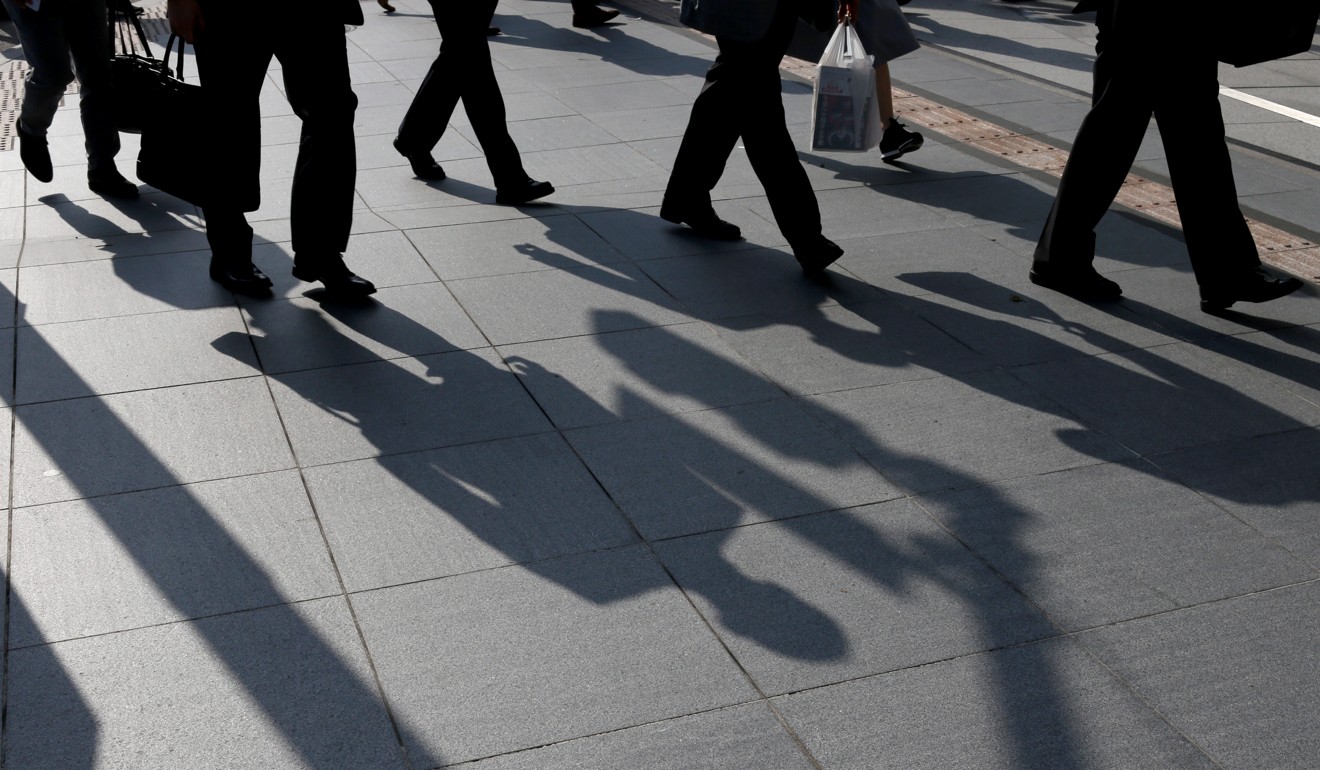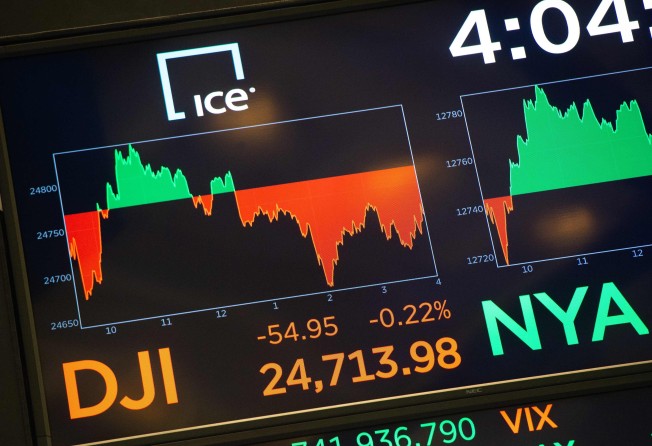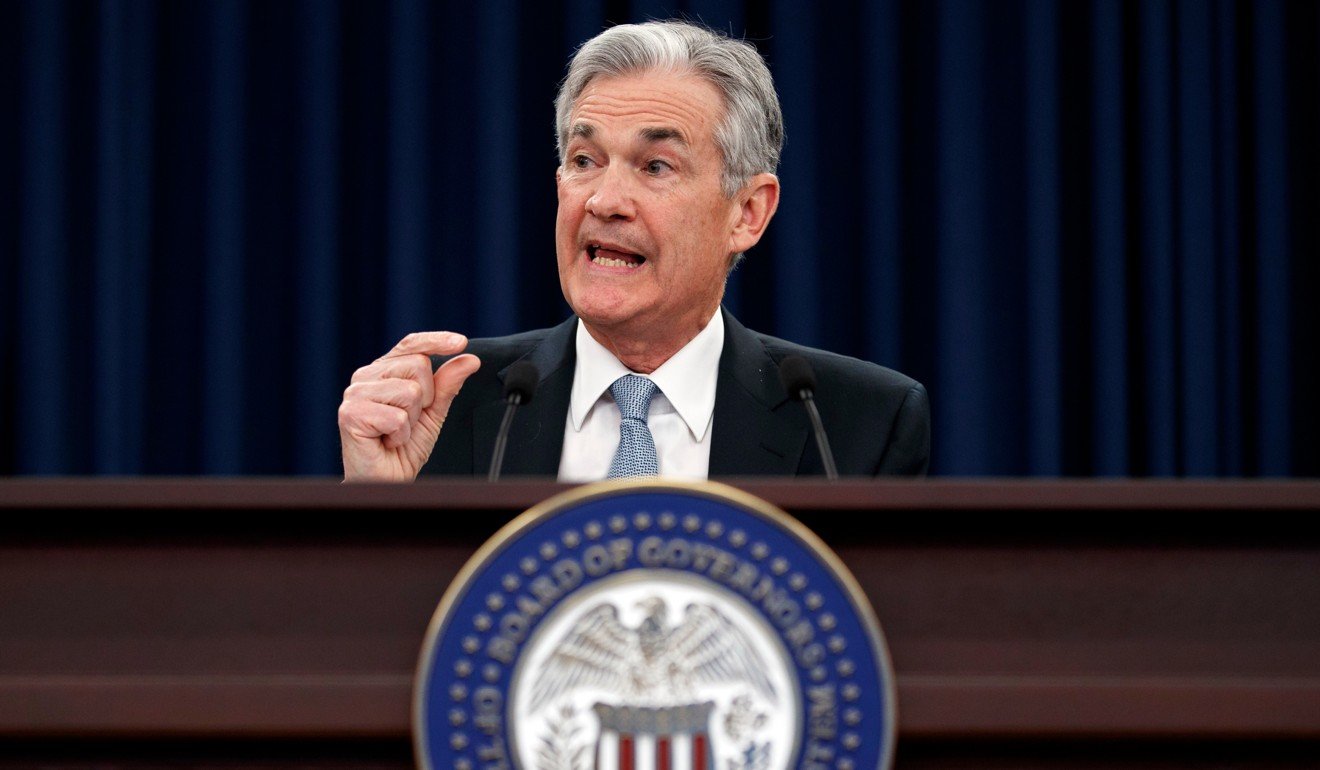
A global recession is on the way, but it’s likely to be mild
Kerry Craig says while a down cycle will inevitably follow America’s currently buoyant growth, a catastrophic downturn like the 2008 global financial crisis is unlikely. Debt levels are more manageable, and the imbalances in the economy less severe

A keenly debated topic is when the next recession will occur and what will be the trigger. As the world’s largest economy, the United States has the ability to drag down the rest of the world with it.
To say the US expansion is long in the tooth is an understatement. If the current expansion continues until the middle of next year, it will be the longest in US history. It would be rare for an expansion to last more than a few years beyond this point without overheating.
But while another recession may be inevitable, another global financial crisis is not. The important question is: what will the next global recession look like?
The severity of a recession is dictated by what causes it, and usually the ballooning of any imbalances in the economy; the bigger the imbalance, the more severe the outcome.
This cycle may be different. Due to the inflation-targeting regimes of the central banks or the responsiveness of companies to the economic shifts, the US economy’s growth profile has become more stable over time. Between 1947 and 1985, the average growth rate of the American economy was 3.7 per cent. As the economy has matured, the growth rate has slowed, but it has also become less volatile.

The last recession was so severe in that it systematically affected multiple markets at the same, proliferated through excessive leverage and high levels of debt. The globally interconnected financial system was the perfect conduit to transmit this imbalance. The debt issue hasn’t gone away, but the holders of that debt have changed – moving from financial to non-financial sectors, from private to the public sector – and regulators in many countries are very sensitive to ensuring another banking crisis does not occur.
Leverage in the household sector has declined significantly. US household debt as a share of nominal gross domestic product has declined and the cost of servicing that debt as a proportion of disposable income has fallen. If leverage and imbalance in the housing market sparked the global financial crisis more than a decade ago, it is unlikely to be the catalyst for a recession this time.

The deleveraging of households has been matched by re-levering in the non-financial corporate sector. As a share of GDP, leverage is currently above the peaks in both 2000 and 2008. But even here, context is needed. As a share of net worth or as a ratio of debt to profits, the figures are much lower and the issue is not nearly as dramatic.
The narrower disparities in the world’ largest economy suggests that the next recession is likely to be mild. However, it may also indicate that the future downturn may be felt strongest where the leverage is higher. Australia, New Zealand, Sweden and Canada all have very elevated household debt levels and are where the risk of household deleveraging is greatest. These economies, however, are a small share of global GDP, dulling the possible systematic impact that the US or the euro zone had in dragging down global activity in 2008 or 2010.
The 2008 crisis was notable for its severity but also for the time taken for economies to pull themselves back up. It took 15 quarters for the US economy to return to its 2007 peak, compared to an average of five quarters over the prior 10 recoveries.
So, if the next recession is mild one, will it be answered with another feeble recovery? That may largely depend on just how aggressive the monetary and fiscal responses are, and the scope for both is limited.

The gradual path of normalisation suggests that the Fed funds rate will not be much over 3 per cent by the time the next downturn begins. This limits the degree for policy easing to stimulate growth.
The recently introduced US fiscal stimulus and tax reforms may mean a short-term sugar hit to activity, but they are unlikely to lead to sustained economic growth.
End-of-cycle fears are likely to permeate markets for some time, but the immediate threat of recession is low. There is no set time frame for how long an expansion should last, and it’s largely the cause that dictates the gravity of the decline. However, outside an exogenous shock to the world’s largest economies, the absence of imbalance suggests that the next recession could be milder, with the shape of the recovery possibly just as timid.
Kerry Craig is a global market strategist at JP Morgan Asset Management